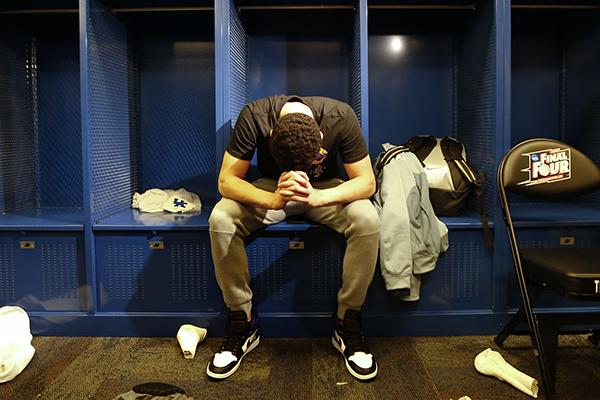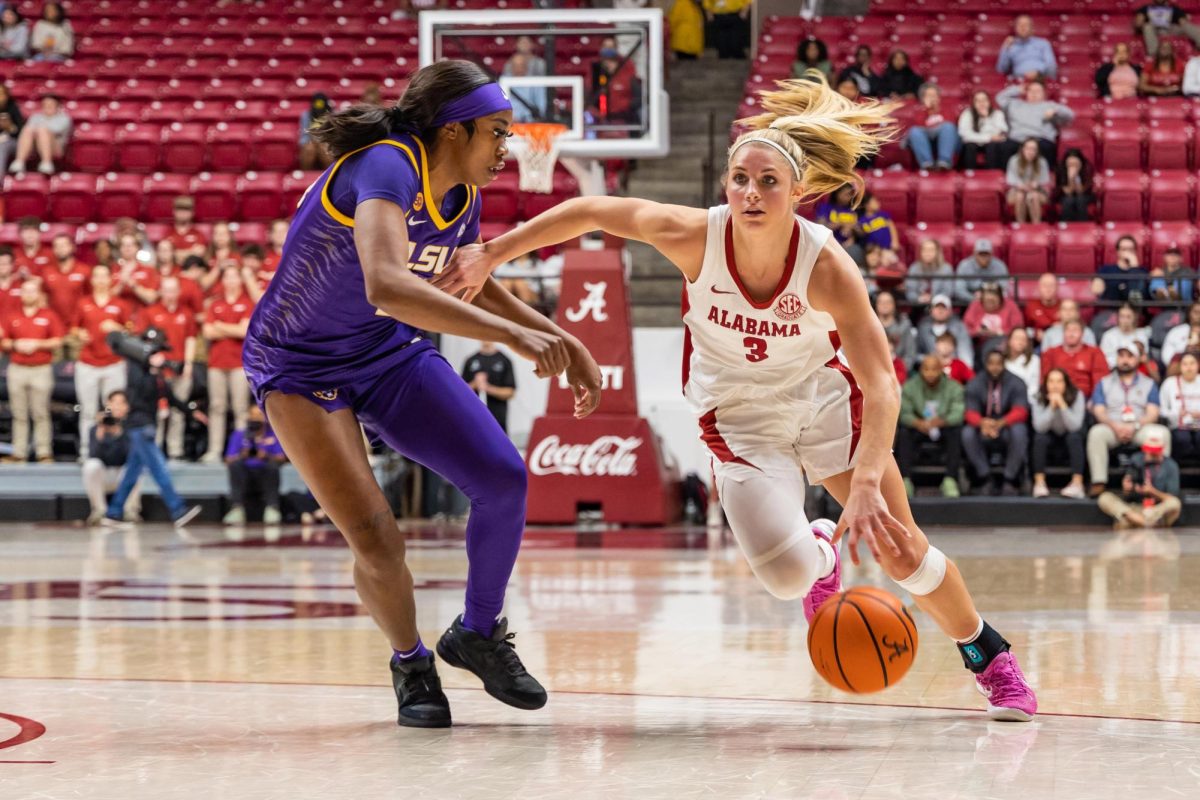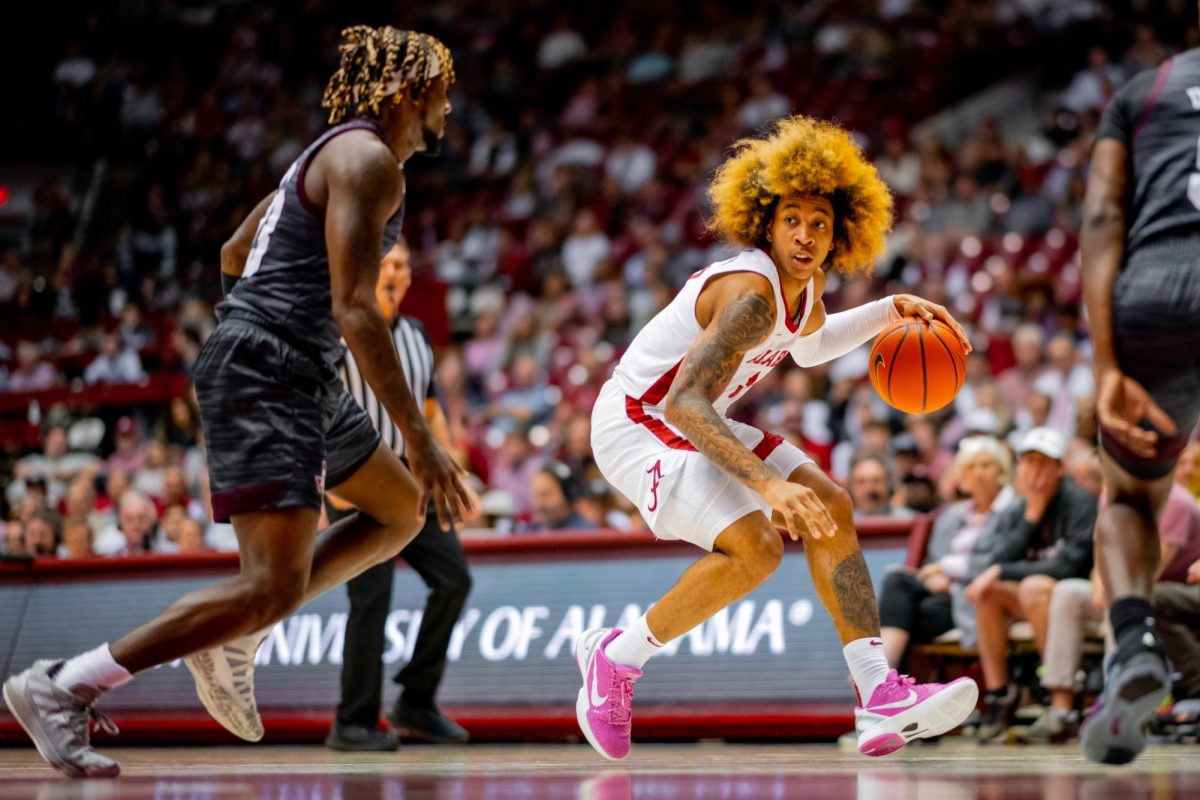After finishing the Southeastern Conference regular season and conference tournament with a perfect record, The University of Kentucky men’s basketball team was, undoubtedly, favored to win the 2015 NCAA Tournament – and in the process complete the first unbeaten season, wire-to-wire, since the 1976 Indiana Hoosiers. Admittedly, it is easy to suggest today, given the benefit of retrospect, the said prediction would not be satisfied. However, Kentucky should never have been the odds-on favorite to be the last team standing.
In its quest for a championship, Kentucky was simultaneously chasing history. And as recent sports history has demonstrated, when going up against history, history always prevails. For one example, take the penultimate football team fielded at The University of Alabama. In 2013, the Crimson Tide was arguably the best team in college football, was looking to and expected to win back-to-back-to-back college football championships.
However, it was not playing against the field in its endeavor to “three-peat”. The team was up against history. Its inability to “three-peat” has nothing more to do with unfortunate luck than it does with history. Simply, history is not to be defied. Since 1950, there has not been a college football to win three consecutive national championships. And only two programs, the Minnesota Golden Gophers (1934-1936) and Army Cadets (1945-1946) can claim to have ever accomplished such a historic feat—even if there are asterisks next to their places in college football history, questioning the merits of their titles.
Just as the Minnesota Golden Gophers and Army Cadets have a special place in college football lore as the only programs to win three consecutive nationals, the 1972 Miami Dolphins is the only team in professional football history to win the Super Bowl with a perfect season. Entering the 2007 Super Bowl with a perfect 18-0 record, the New England Patriots sure came close. Favored and expected to beat the New York Giants in the Super Bowl, the Patriots ultimately lost the game 17-14.
While many pundits view the Patriots’ loss as an upset, it was not an upset. Had they won the game, they would have done the unexpected and unpredictable, which was to duplicate the 1972 Dolphins’ season. And such history is not to be repeated. So, in fact, the Patriots’ loss to the Giants, in their quest for a Super Bowl victory and perfect season, just as the 2013 Alabama football team, in its journey to “three-peat”, should not be seen as an upset, but what happens to teams when they are up against history.
Seen in this light, John Calipari’s Kentucky team, although not coming into the tournament dressed as underdog, was an underdog. Its pursuit of perfection should never have been likened to the story of Goliath. The Wildcats were up against history, and as recent college and professional football history has proven, teams, when up against history, should be akin to David.









